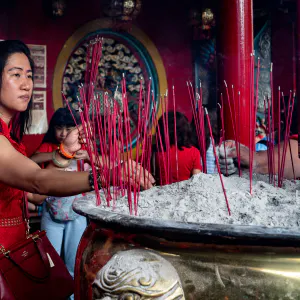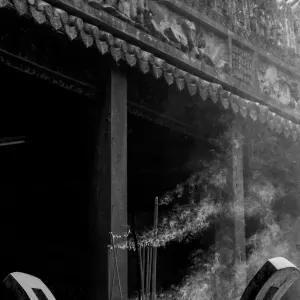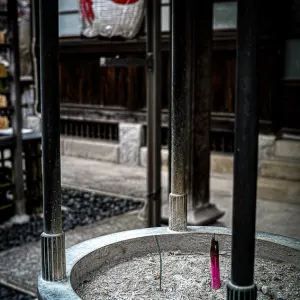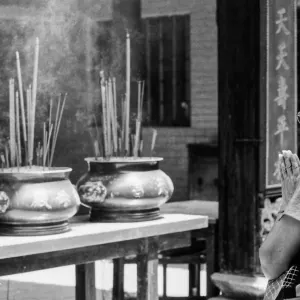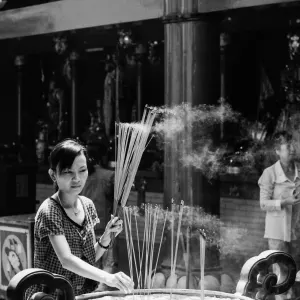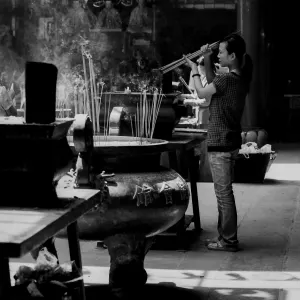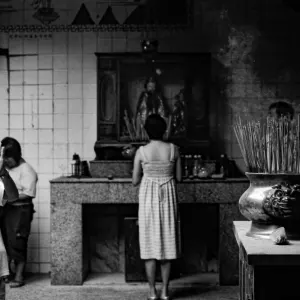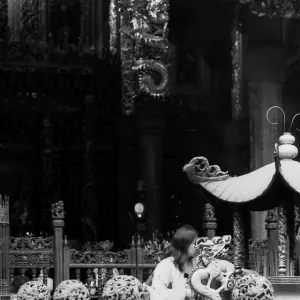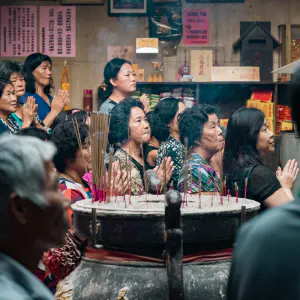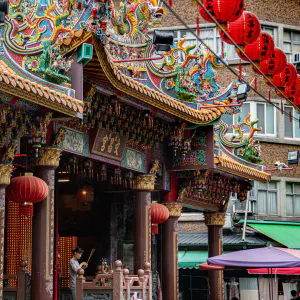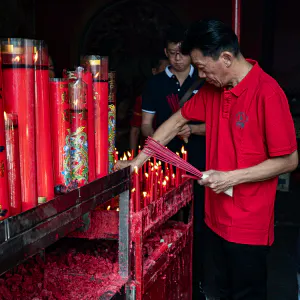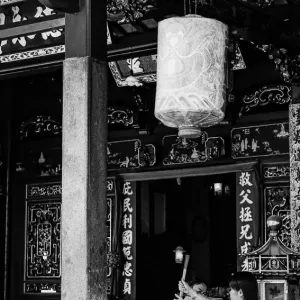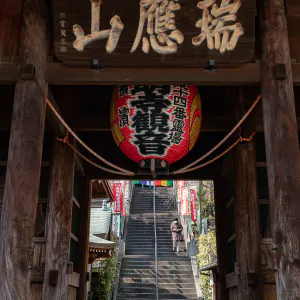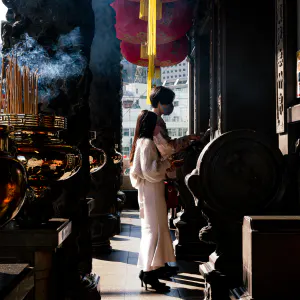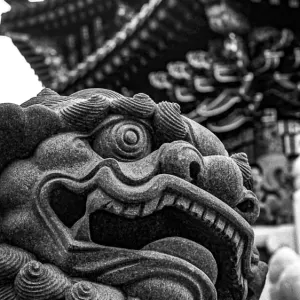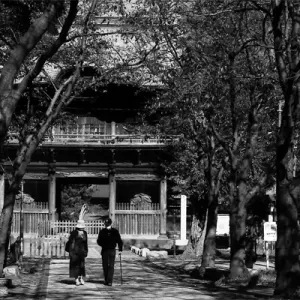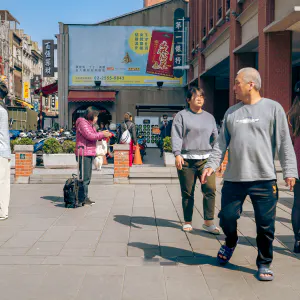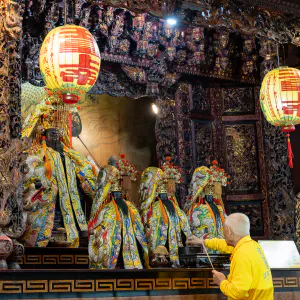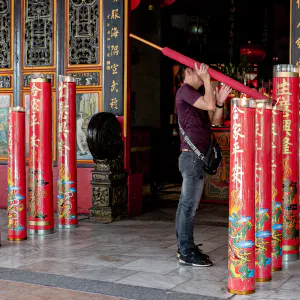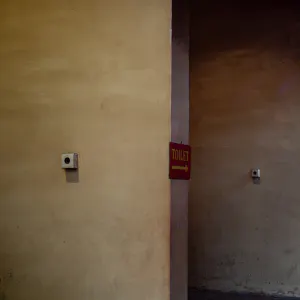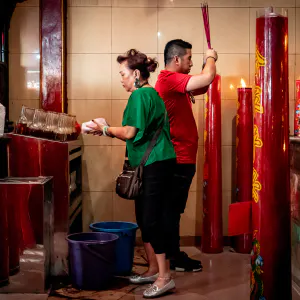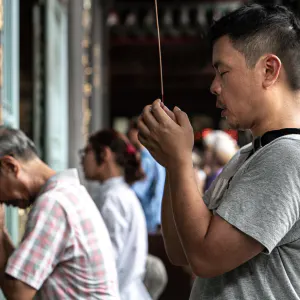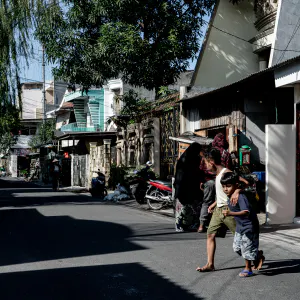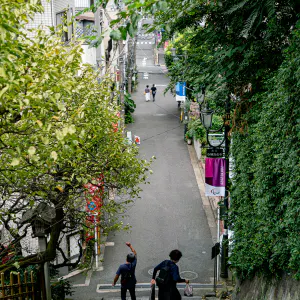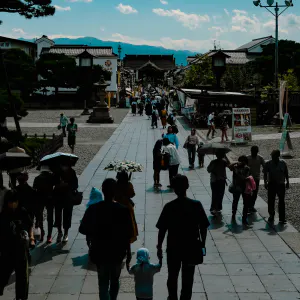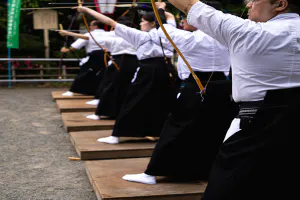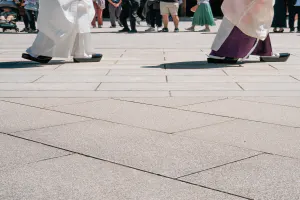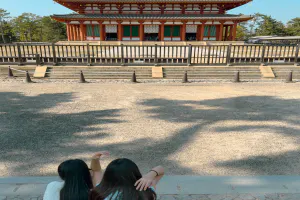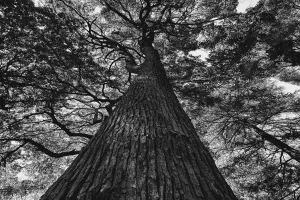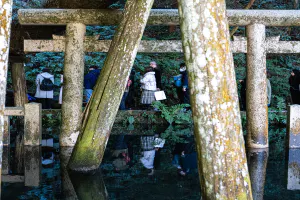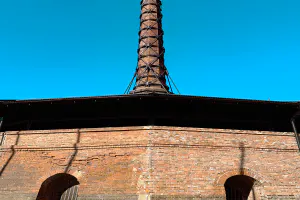When the incense sticks accumulated in the incense burner at the Mazu Temple in Yokohama, an attendant would appear and clean up the mess
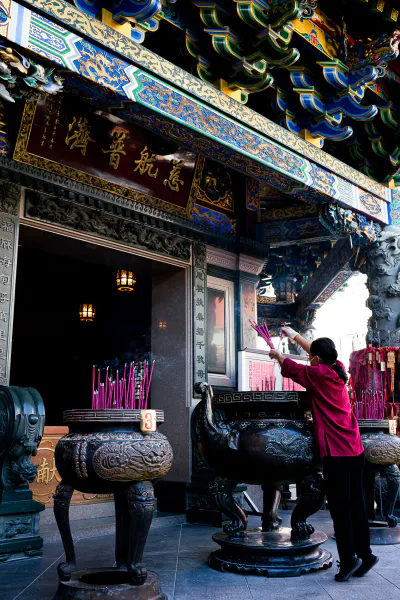
It has been 15 years since the temple dedicated to Mazu was built in Yokohama's Chinatown, and it has become a great tourist attraction. However, compared to the bustling alleyways of Chinatown, there are not as many worshippers. The temple grounds are calmer than the Guan Yu Temple, a Taoist temple also located in Chinatown. The temple dedicated to Guan Yu is much more popular than the one dedicated to Mazu, as Guan Yu appears in the Records of the Three Kingdoms and is familiar to Japanese people. Considering that the temple dedicated to Guan Yu was first established in Yokohama in 1862, the difference in popularity is obvious.
Mazu, whose name is not familiar to many people in Japan, is also a very popular deity in Taiwan, and many Mazu temples have been built here and there to worship her. It is believed that Mazu was originally the god of navigation and that many people in Taiwan migrated across the sea from the Fujian area, which is why Mazu worship is so popular.
Since it is a Taoist temple, the way to pray is a little different from that of Buddhist temples and Shinto shrines in Japan. The first thing that struck me was that the incense sticks used for prayers were different from the ones we see in Japan. The incense sticks are thicker and longer than those used in Japan, and they are offered to the deities enshrined in the shrine in order. From the explanation, it seems that the order is also fixed. In Shinto shrines, gods are enshrined in the same way as in Taoist temples, but I had never paid attention to the order in which they were worshipped, and I had thought that not all the gods were worshipped.
| Dec 2021 KANAGAWA PEOPLE | |
| CHINATOWN INCENSE BURNER INCENSE STICK TABLET TEMPLE YOKOHAMA |
PHOTO DATA
No
12123
Shooting Date
Nov 2021
Posted On
December 17, 2021
Modified On
October 4, 2024
Place
Yokohama, Kanagawa
Genre
Street Photography
Camera
SONY ALPHA 7R II
Lens
ZEISS LOXIA 2/35
